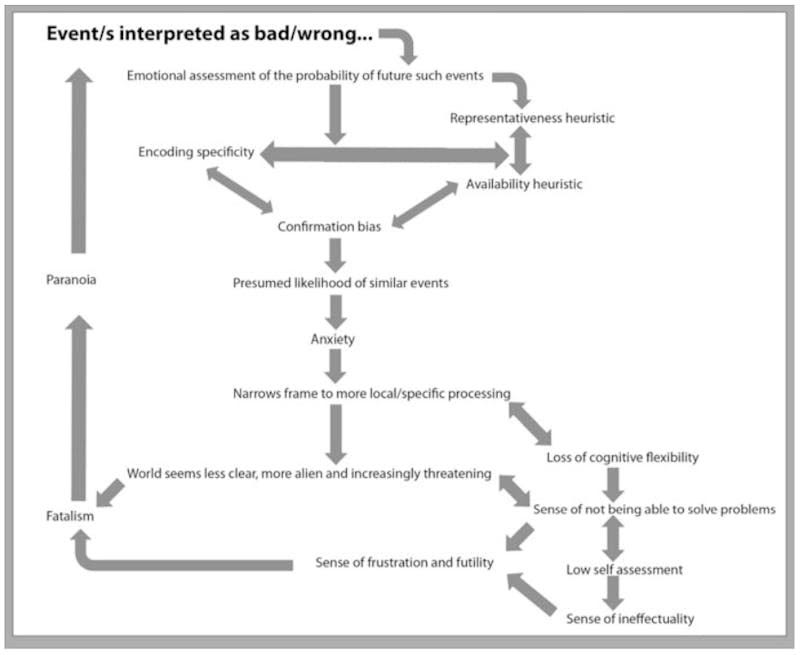I am rereading Tito Colliander’s Way of the Ascetics. When I first read it years ago, in my late twenties, I didn’t understand it. I read the words, but they didn’t seem to register. They passed through my mind like unwanted foreigners, too far removed from the broken worldview1 I was inhabiting.
Now, reading it again in the final days of my thirties, the book hits like a brick. It reads like Stoic texts—short, stark passages with an economy of words, wasting no time in reminding us of our foolishness and imploring practical change, now. Colliander’s book is similar, but the focus is on spiritual change.
When you read a section, you can’t rush to the next. If you’re serious in your reading, you need to let the words stay with your soul, which isn’t how I read when I was younger. Back then, I read to finish books to say I had finished them. I’m not sure if I can finish this one because my soul lingers on this passage:
“Do not stir up a memory that will cover your prayer in mud, do not root around in the soil of your old sins. Do not be like the dog that returneth to his vomit. (Proverbs 26:11) Do not let your memory linger on private matters that can reawaken your desire or set your imagination going. The devil’s favorite wrestling-place is precisely our imagination; through it he draws us to further intercourse with him, to consent and action. In your thought-world he sows doubt and worry, attempts at logical reasoning and proofs, fruitless questions and self-found answers. Meet all such things with the words of the Psalm: Away from me ye wicked. (Psalm 119:115)”
I cannot escape this passage. It meets me from all angles, seeing me in ways that are uncomfortable to stay with. I spent too many years stubbornly searching for “self-found answers,” as if my mind could be the sole arbiter of truth. What arrogance! Relying primarily on reasoned inquiry for guidance, as if reason alone could determine truth.
Proverbs 26:11 was especially revealing: “As a dog returneth to his vomit, so a fool returneth to his folly.” Inquiry, regardless of how reasonable, when engaged without deep love, leads to what
calls “parasitic processing”2—the rumination, the mental looping, and the overthinking about overthinking. Parasitic processing masquerades as philosophical inquiry.Parasitic entities that promise wisdom want to re-mind you of past mistakes. They don't want you to practice what brings deep forgiveness. Instead, they want you to be haunted by your old sins, your godless crimes, and the foolishness you fell into, guided by fools who were themselves guided by fools. Returning to vomit is not wisdom; it's a form of self-harm. Simply say, “Away from me, ye wicked,” then look away and consider different roads, no matter how narrow.
See, “All Philosophers Are Charlatans.”





